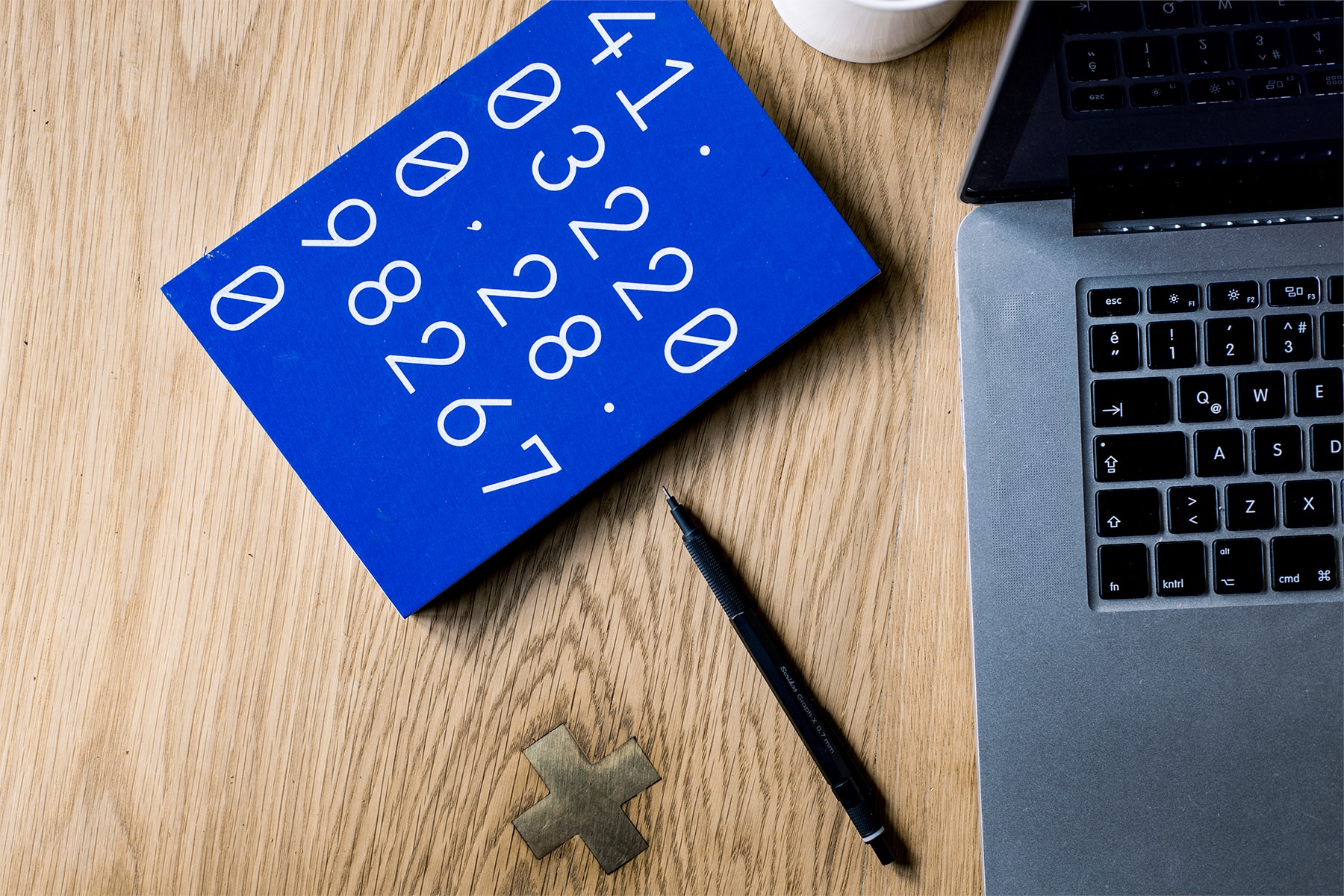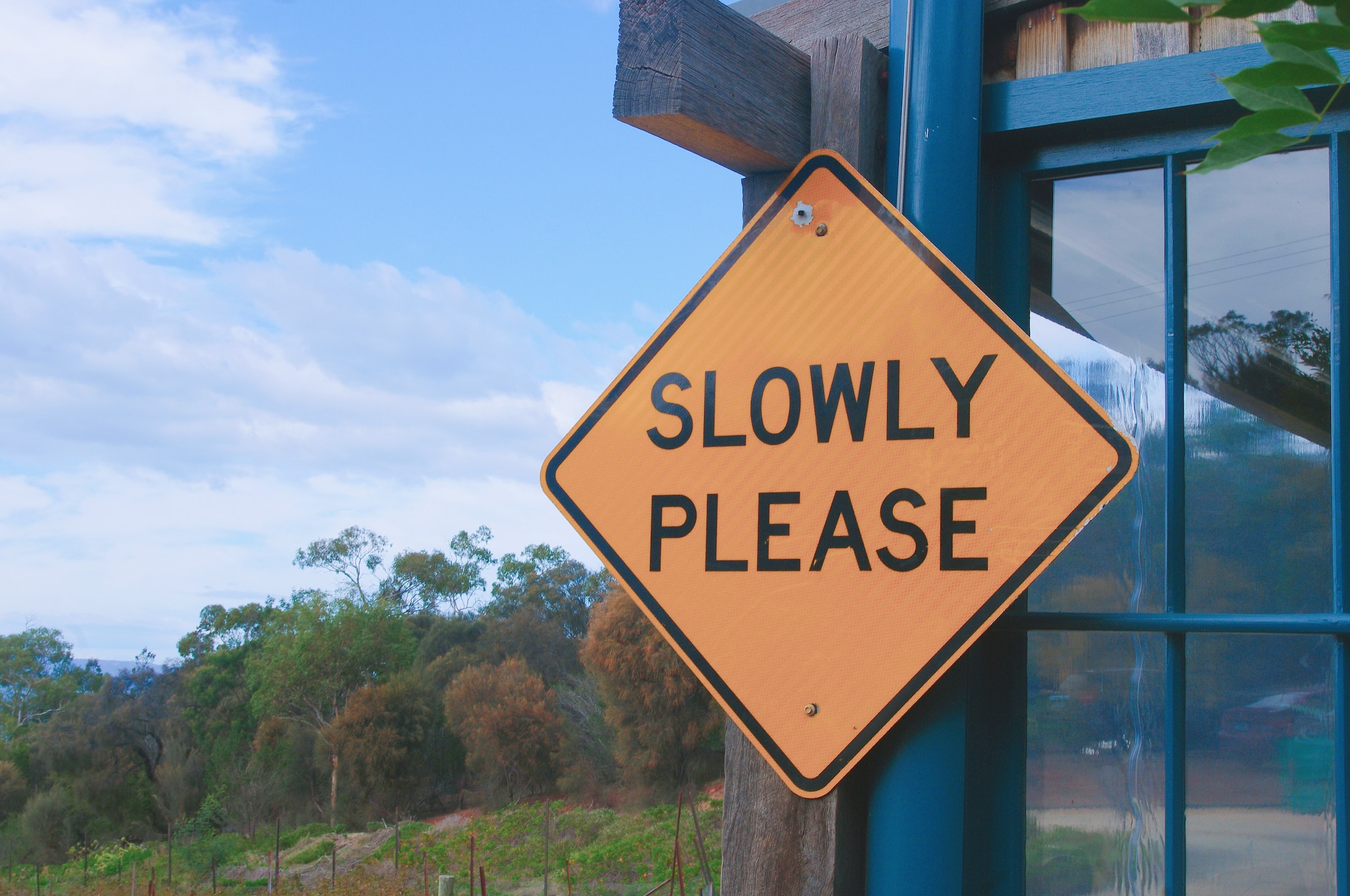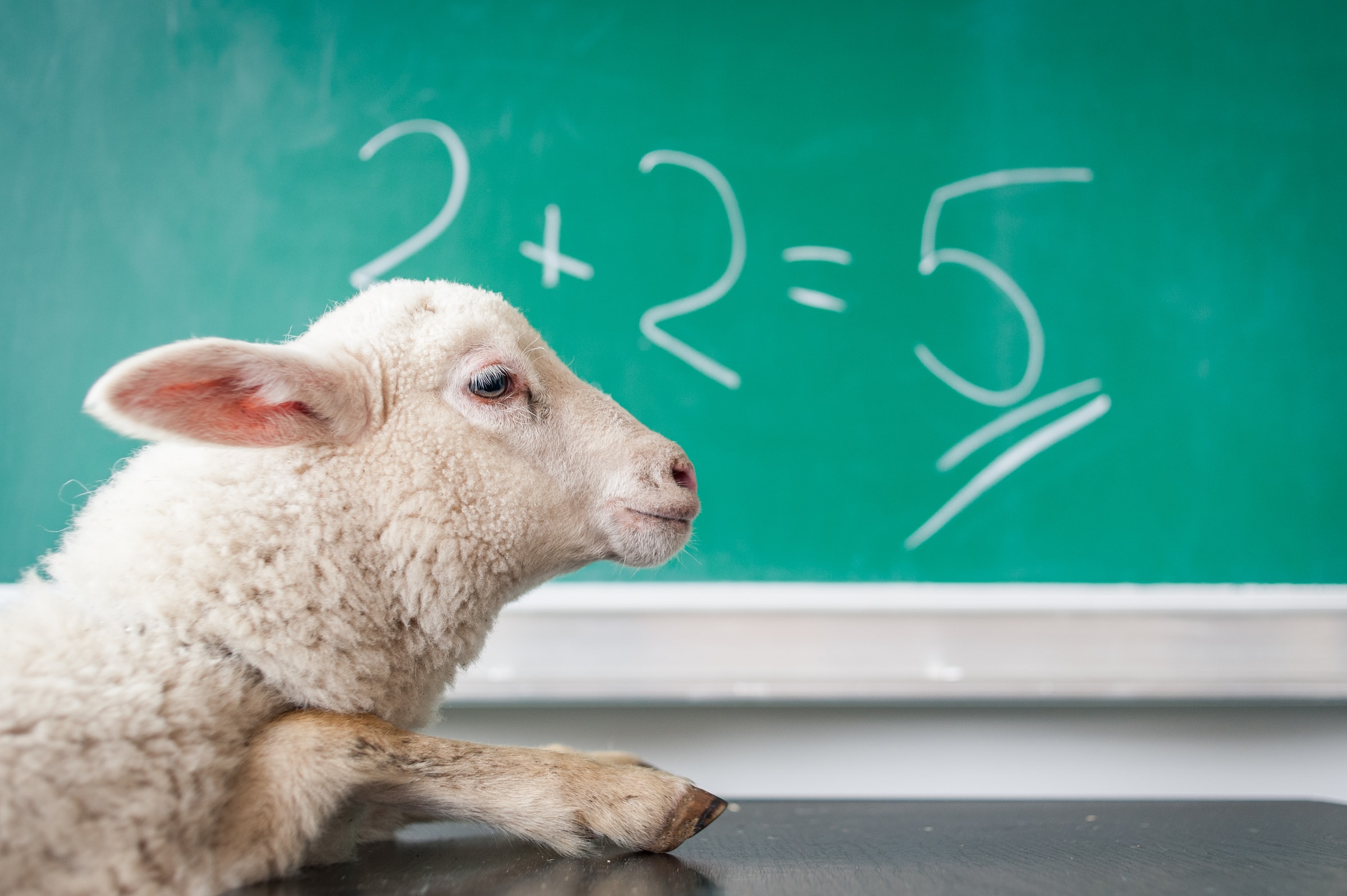Let us talk about numerals. What are they? When do we use them? How to say any year or phone number correctly? What is the difference between “first” and “one"? And is “0” always said as “zero"? In this article, we will find out answers to these questions.
To begin with, a numeral is a part of speech that denotes the number, order or quantity of something or someone. There are two types of numerals - cardinal, when we talk about the quantity of something, and ordinal, when we talk about some order or list something.
And first we start with cardinal numerals. I am sure, these cardinal numerals are familiar to you, “one, two, three”. But how to form all cardinal nouns from 0 to 100?
- Firstly, the numbers from 0 to 12 are usually memorized like words, as far as there is not any rule in their formation. For example: “zero, four, seven, nine, eleven”. As you see, they all are written differently, we do not use any suffixes or prefixes to form them.
- Secondly, the numbers from 13 to 19 are formed in only one way. It is necessary to take an already known number from 3 to 9 and to add “teen” at the end. For example: “seven + teen = seventeen; nine + teen = nineteen”.
- If you want to form a round number from 20 to 90, also add a suffix to a number from 2 to 9. But the suffix will be different from “-ty”, so add it at the end of a number. For example: “seven + ty = seventy; nine + ty = ninety”.
- To form a non-round number, first say tens and then the rest of the number, for example: “twenty-one, seventy-nine”. Note that such numerals should be written with a hyphen.
- If it is a three-digit or four-digit number, first say hundreds or thousands, and then tens. Do not forget to put “and” before tens, for example: “one hundred and seventy-five, six thousand and twenty.” Interestingly, in American English, “and” is usually omitted.
However, there are exceptions. We talked about general patterns, but some numerals change their spellings, so their “special” spelling should be remembered. These numerals are:
- thirteen
- fifteen
- thirty
- forty
- fifty
The spelling and pronunciation of these exceptions are similar to “three”, “four” and “five”, but be sure to remember their “special” spelling.
Let's talk now about ordinal numerals. How to form them? It is very simple! To do this, we need to take any cardinal numeral, to add “th” at the end and to use the definite article “the” before the numeral. That's it! Let's look at the examples: “four - the fourth, seven - the seventh”.
However, this rule has three exceptions: “the first, the second, the third”. Also, if a cardinal numeral ends in “y”, then becoming ordinal, “y” changes into “ie”, for example: “sixty - the sixtieth".
These are ordinal numerals that help us to name dates correctly. To say “Today is the fourteenth of February”, we use the ordinal number “the fourteenth”.
But to say the date we need not only the day and the month, but sometimes also the year. Let's figure out how to say years correctly. In this case, we use cardinal numerals, not ordinal ones. A four-digit year without zero is read this way: four numbers in it are divided in a half and two resulting numbers are pronounced, for example “1797 - seventeen (17) ninety-seven (97)”.
If zero occurs in a year, then it is read differently. If we talk about the millennium, for example “2009”, then thousands are pronounced, and the numeral is not divided into two parts: “2000 - two thousand, 2009 - two thousand and nine, 2010 - two thousand and ten”. And if there are two zeros at the end, then we pronounce a year in hundreds, for example: “1700 - seventeen hundred”. In addition, zero in years is read as the letter “o”, for example: “1709 - one thousand o nine".
But “o - /ou/” is used instead of “zero” not only in years, but also in phone numbers, bank cards and fractions. Also, remember that if it is a phone number, read numbers one by one separately.
Well, you got acquainted with different types of numerals, and learned how to form them. And we also talked about the most important topics in which the use of these parts of speech is necessary - dates, phone numbers and fractions. And that's it. Good luck in comprehending the English language!










Comments (0)